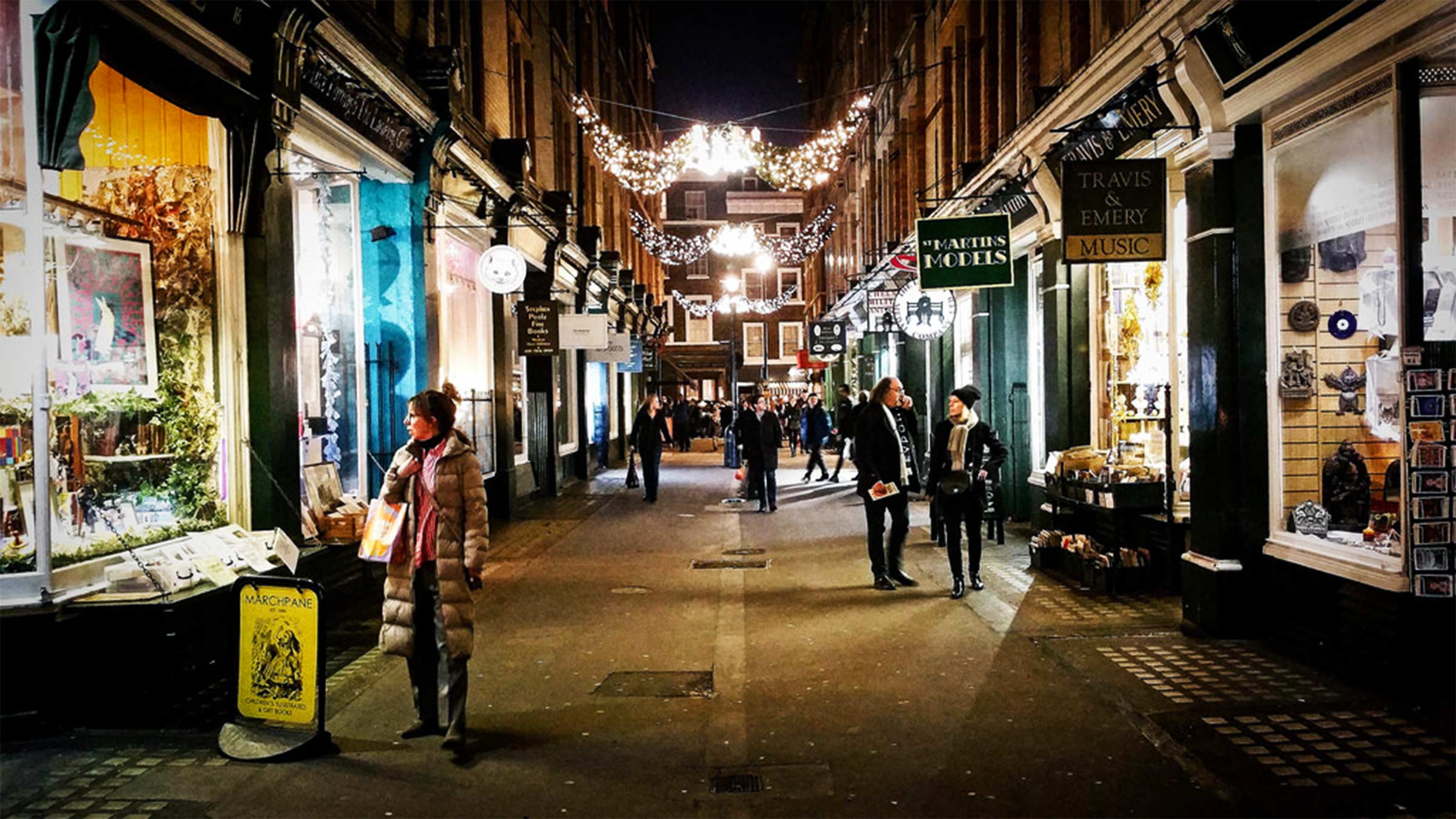Last month, Amazon became the second company in history to achieve a market capitalisation of more than $1tn. It did so because it provides customers ease, choice and value. It’s the same recipe that worked for Walmart and it’s the same recipe that’s worked for hundreds of successful retail businesses over the years. You can buy anything and everything on Amazon – and not just from them, but from tens of thousands of companies that use the platform as their shopfront. Shopping on Amazon is about having maximal choice. Most of the time, it works – and works fantastically. But is there another way, an alternative path that retailers can take to succeed in the digital age?
Recently I got to interview Josh Wood, the inspiring founder of Josh Wood Colour, for The MBS Weekend Edition and one thing he said, which has stayed with me, is that they explicitly designed their range of products to lack choice. The brand wants their items to be the one item you need in each category – they actively don’t want to complicate the message by offering products for every occasion. Instead, they offer a single product that works for every occasion.
It’s one of the reasons I believe specialist retailers, despite the waves of digital transformation that have swept over the sector, have continued to find success in what can charitably be described as a ‘challenging retail environment.’ By and large they do two things fantastically well: curation and customer experience. You go to a specialist retailer not to make a drawn-out decision after reviewing the greatest number of choices possible but rather to get expert, person-to-person advice on the best possible products in spaces with an atmosphere.
Take Freed of London. They’re a dance shoe retailer whose store in Cecil Court I pass frequently, and every Saturday morning without fail there’s a queue outside the door. The experience inside is almost exactly like the experience you would have gotten strolling through the front door in 1929 when it was founded.
So why the queue? It is, in fact, the anti-Amazon. Amazon works best when you know exactly what you want before you start because the sheer range of products and the lack of advice means it’s almost impossible to sift through or browse the entire range. Specialist retailers, on the other hand, work best by slimming down that choice and giving you real, trusted advice to help navigate the complexities of getting the right product. Freed of London does that, and its highly specific focus hasn’t stopped it from growing – it has stores across the UK and distributes to over 50 countries with dedicated online platforms for each of its retail categories.
This model isn’t restricted to physical retail – The BBQ Shop operates entirely online. The joy of the store is that you know that they know what they’re talking about. The products have already been curated, chosen for you by people who are passionate and knowledgeable about their subject. It corrects for one of the great challenges of online retail – trust. When even Amazon has started to function as a marketplace where almost anyone or any business can list their products, how do you know which company to trust? How do you know which product truly is the best? One estimate places the number of fake reviews on some Amazon products at over 50%. By curating products and demonstrating their expertise, The BBQ Shop and others like it ensure that by the time the customer finds the product they want, they already know it will fulfil their expectations.
For so many businesses the goal is not necessarily to furnish their customers with the best options but the most options. In a world in which everybody seems to be in a hurry, cutting out the need to do hours upon hours of desk research before making a purchase decision is a powerful proposition.
The other half of the specialist retailer offer is customer experience. Recently I went to one of my absolute favourite stores – a shop in Notting Hill called Books for Cooks. You only need to step inside to get a sense of why it’s such a delight to spend time there – there’s a “squashy sofa for cookbook junkies in need of a long read” and a café in the back where the cookbooks are actually put to the test. Upstairs is a demonstration kitchen where the company runs cookery classes. It’s a unique place – one that transforms shopping from something functional into a pleasurable act. Another example of a store that delivers on experience is Arthur Beale, the 400-year-old yacht chandlers on Shaftesbury Avenue. Ecommerce has many advantages, but beyond the thrill of actually buying something, it struggles to truly match the experience of the best bricks-and-mortar retail.
Of course, the rejoinder would be that in many cases, ecommerce businesses aren’t trying to. They’re not selling you on the act of shopping, they’re selling you on the ease of buying, and in a wide variety of cases, that’s exactly what consumers need and want. But, specialist retailers can provide an alternative path. While none of these examples is completely replicable, the underlying message of their enduring success – that customers sometimes want less choice, more advice and better experiences – is one that is too often crowded out in the discussion of our retail future.










